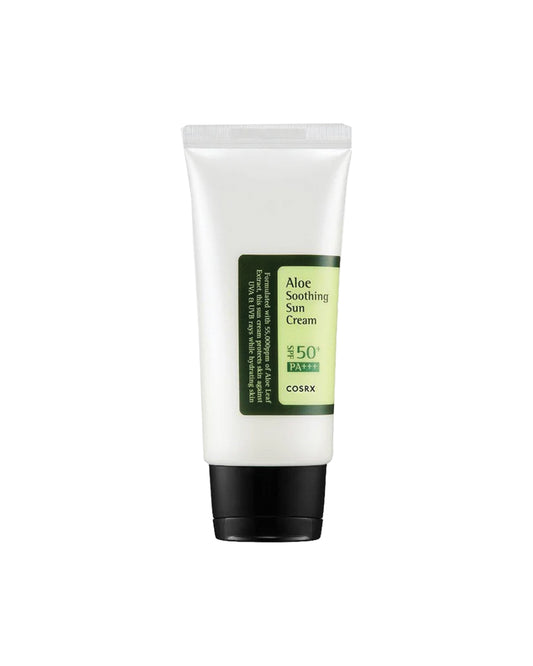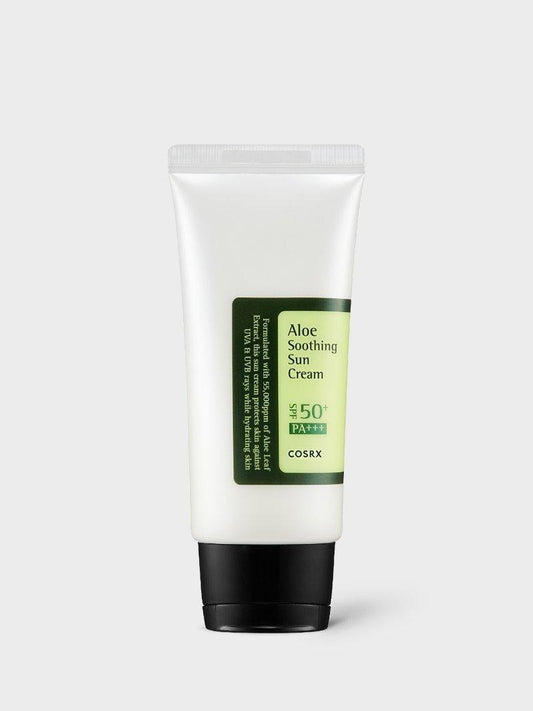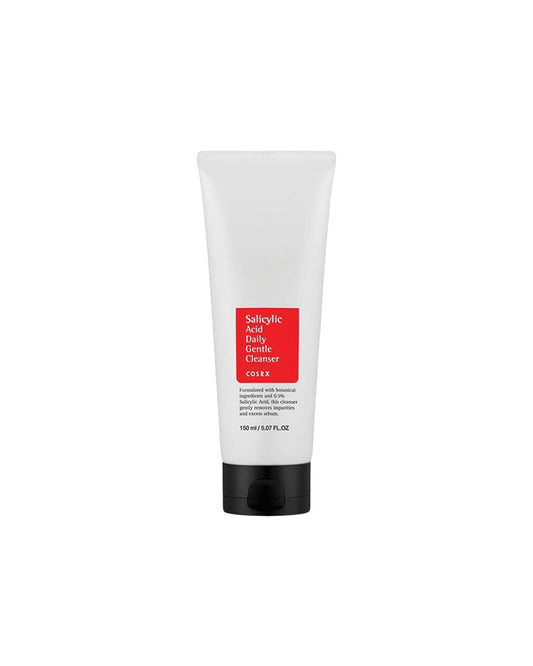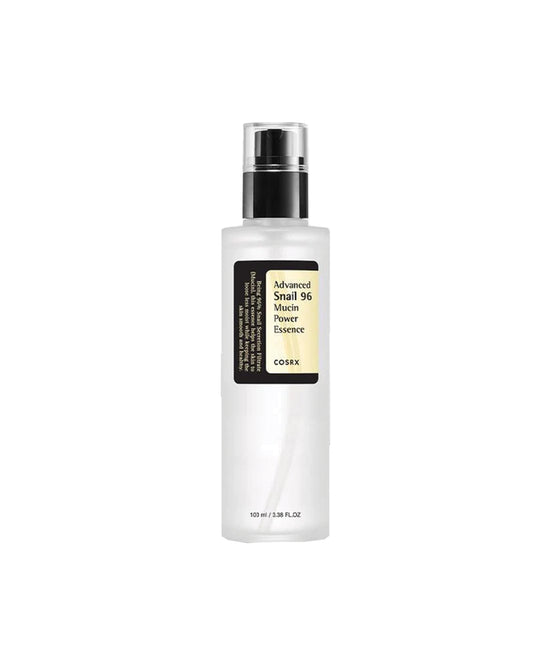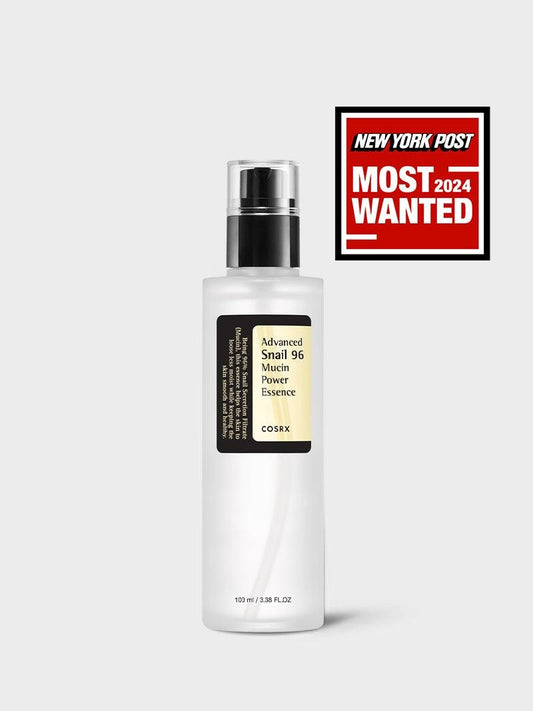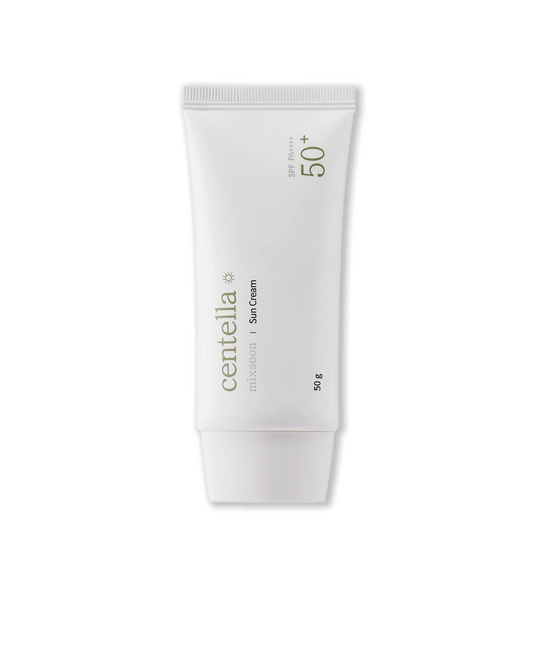The Rise of Probiotic Skincare: Balancing Your Skin’s Microbiome Naturally
Introduction
In recent years, skincare has gone far beyond just cleansing and moisturizing. With more research emerging on the role of the skin’s microbiome — the community of bacteria, fungi, and other microorganisms that live on our skin — a new wave of beauty innovation has taken center stage: probiotic skincare. Just as probiotics are known for balancing gut health, skincare infused with probiotics and prebiotics aims to strengthen and restore the skin barrier, reduce sensitivity, and promote a healthier, glowing complexion.
As urban living, pollution, and harsh products compromise skin balance, probiotic skincare has become a revolutionary approach to achieving natural, long-lasting results. Let’s explore what it is, how it works, its benefits, and why it’s one of the hottest skincare trends of 2025.
What is Probiotic Skincare?
Probiotic skincare refers to creams, serums, cleansers, and masks formulated with live microorganisms (probiotics) or probiotic extracts that work to balance the skin’s microbiome. Some products also include prebiotics (which feed good bacteria) or postbiotics (beneficial by-products of probiotics).
The skin microbiome acts as the first line of defense against environmental stressors like UV rays, pollution, and toxins. When it’s balanced, your skin looks clear, calm, and radiant. But when disrupted — due to over-cleansing, antibiotics, or lifestyle factors — the result can be acne, eczema, redness, or premature aging. Probiotic skincare aims to restore this balance.
How Do Probiotics Work on the Skin?
Here’s a breakdown of the science:
-
Restoring Balance – Probiotics help maintain a healthy ratio of good bacteria to bad bacteria, preventing skin conditions triggered by microbial imbalance.
-
Strengthening the Skin Barrier – A strong barrier keeps hydration in and harmful toxins out. Probiotics enhance natural lipid production, leading to smoother, plumper skin.
-
Reducing Inflammation – Certain strains of probiotics calm skin irritation, redness, and sensitivity.
-
Boosting Immunity – Probiotics signal skin cells to produce antimicrobial peptides, which naturally fight off harmful pathogens.
-
Enhancing Glow – With a balanced microbiome, skin becomes more even-toned and radiant.
Key Benefits of Probiotic Skincare
1. Soothes Sensitive Skin
Probiotics reduce flare-ups from eczema, rosacea, or general skin irritation. They help calm redness and inflammation, making them perfect for people with sensitive or reactive skin.
2. Fights Acne Naturally
By balancing bacteria, probiotics prevent the overgrowth of acne-causing strains like Cutibacterium acnes. They also reduce oil production and improve healing.
3. Slows Down Premature Aging
Free radicals from pollution and UV rays cause collagen breakdown. Probiotics strengthen the skin’s barrier and protect it from oxidative stress, reducing fine lines and wrinkles.
4. Boosts Hydration Levels
Some probiotic strains encourage the production of ceramides — natural fats that keep skin hydrated. This improves elasticity and reduces dryness.
5. Protects Against Environmental Damage
Urban dwellers are constantly exposed to pollution and toxins. Probiotic skincare shields the skin by strengthening its natural defense system.
Probiotics vs. Prebiotics vs. Postbiotics
It’s important to understand the difference:
-
Probiotics: Live bacteria that restore balance.
-
Prebiotics: Food for good bacteria (like plant sugars and fibers).
-
Postbiotics: By-products of probiotics that benefit skin health.
Many brands are now creating formulas that combine all three for maximum results.
Popular Ingredients in Probiotic Skincare
-
Lactobacillus – Known for reducing acne and soothing irritation.
-
Bifidobacterium – Strengthens barrier and reduces skin sensitivity.
-
Yeast Ferments – Boost skin renewal and hydration.
-
Kombucha – Rich in antioxidants, detoxifies skin.
-
Inulin & Oligosaccharides – Prebiotics that feed healthy bacteria.
How to Incorporate Probiotics Into Your Routine
-
Cleansers – Gentle probiotic cleansers preserve skin’s natural microbiome instead of stripping it away.
-
Serums – Probiotic serums deliver concentrated doses of active cultures.
-
Moisturizers – Lock in hydration while strengthening the skin barrier.
-
Masks – Probiotic masks calm flare-ups and provide a reset for stressed skin.
-
Mists & Sprays – Perfect for refreshing the skin during the day, especially in polluted environments.
Pro Tip: Avoid over-exfoliating when using probiotic skincare, as harsh scrubs can disrupt the very balance probiotics aim to restore.
Who Should Use Probiotic Skincare?
-
People with sensitive skin or conditions like rosacea, eczema, or dermatitis.
-
Those struggling with acne or breakouts.
-
Individuals living in urban areas exposed to pollution.
-
Anyone looking to slow down signs of aging naturally.
-
Skincare enthusiasts who want a gentle yet effective approach to radiant skin.
Challenges and Misconceptions
-
“Do probiotics survive in skincare products?”
Not all probiotic strains can survive outside of refrigeration. Many brands use lysates or ferments (non-living but effective extracts) to deliver benefits without needing live bacteria. -
“Is it safe for all skin types?”
Yes, probiotic skincare is generally safe, but patch testing is recommended for sensitive skin. -
“Will it replace traditional skincare?”
Not entirely. Probiotics work best as part of a holistic routine, complementing hydrating and antioxidant-based products.
Top Probiotic Skincare Brands Leading in 2025
-
Aurelia London – Known for probiotic-rich serums and moisturizers.
-
Mother Dirt – Pioneers in microbiome skincare with live probiotics.
-
Tula Skincare – Combines probiotics with superfoods.
-
Gallinée – French brand specializing in prebiotics and probiotics.
-
Esse Skincare – Focused on live probiotics in eco-friendly packaging.
The Future of Probiotic Skincare
As more consumers demand clean, science-backed, and natural solutions, probiotic skincare is set to dominate the beauty industry. Research continues to explore how probiotics can treat chronic skin issues, accelerate wound healing, and even enhance the effects of professional treatments.
We may soon see customized probiotic skincare tailored to individual microbiomes — just like personalized nutrition.
Conclusion
Probiotic skincare isn’t just a trend; it’s a revolution in how we approach skin health. By nurturing the skin’s microbiome, these products go beyond surface-level beauty to address the root causes of irritation, acne, and aging. In 2025 and beyond, embracing probiotic skincare means embracing balance, resilience, and natural radiance.
If you’re looking for a way to keep your skin healthy in today’s harsh environments, adding probiotics to your routine might just be the glow-up your skin deserves.

